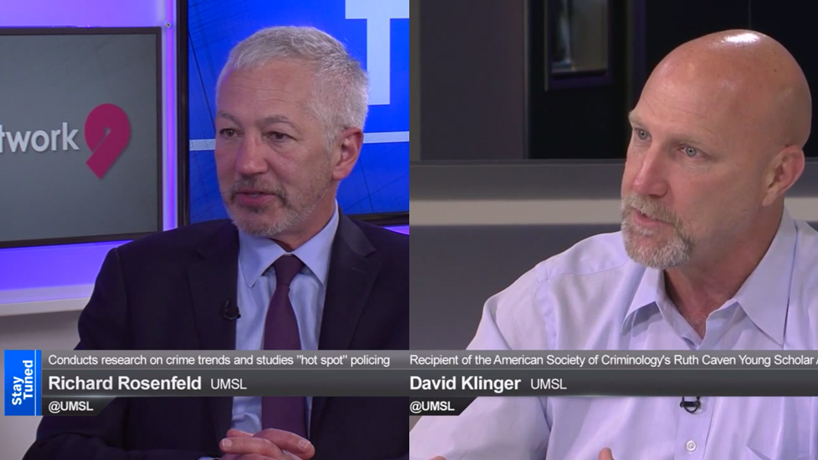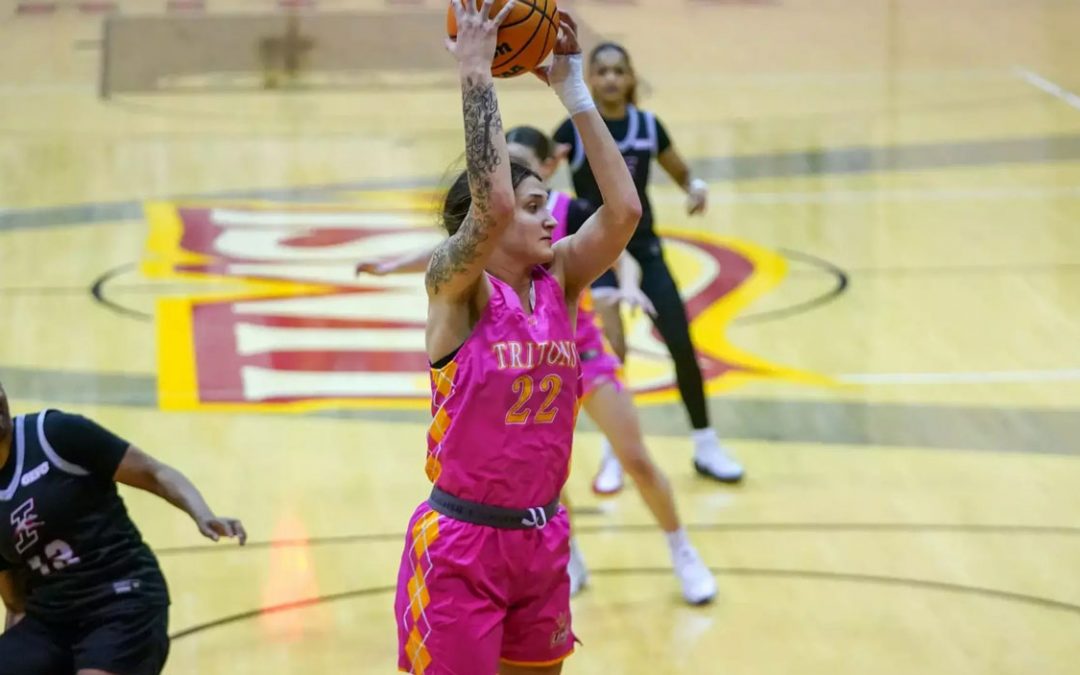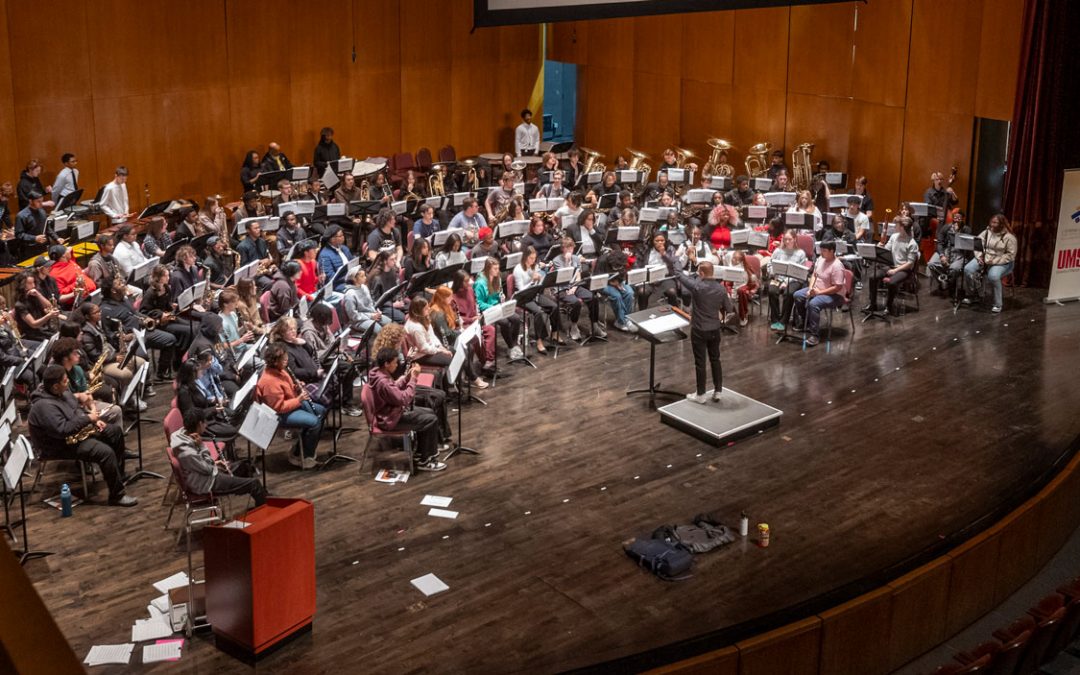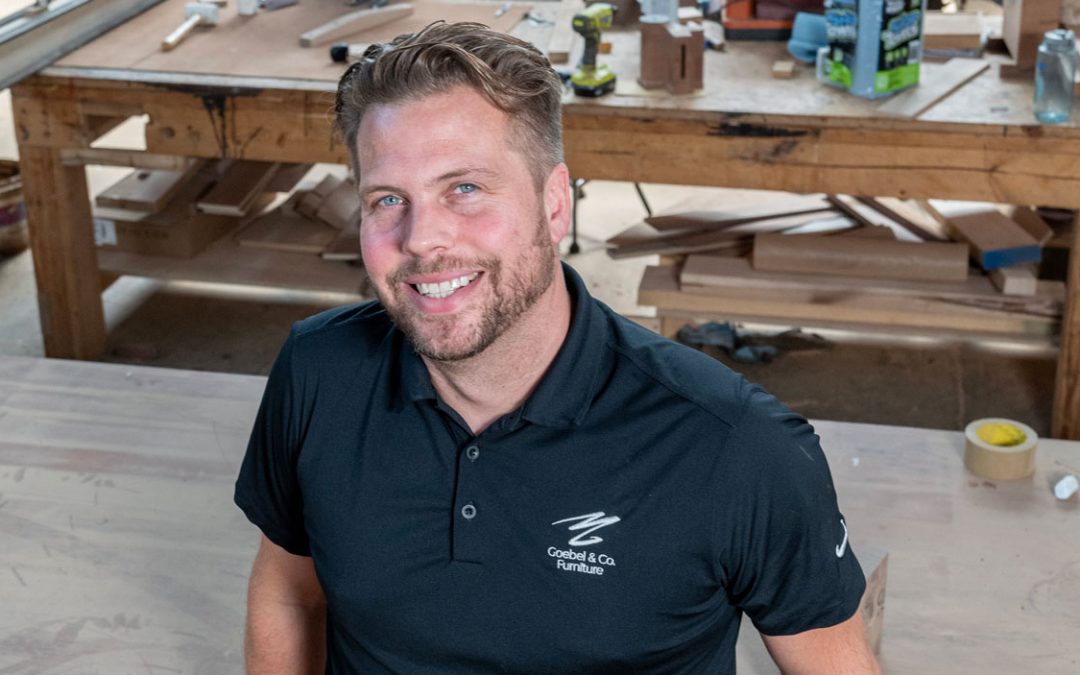Police and community relations around the region and beyond have been strained since the fatal Aug. 9 shooting of Michael Brown by Darren Wilson, a Ferguson (Mo.) Police officer.
University of Missouri–St. Louis criminologists David Klinger and Richard Rosenfeld joined a live community discussion on the topic for the Oct. 30 episode of “Stay Tuned” on KETC (Channel 9).
Klinger, professor of criminology and criminal justice at UMSL, said that all communities can learn lessons from Ferguson. He thinks one of the biggest will be the use of body cameras by law enforcement agencies. He added that many people in the community have repeatedly asked why officers don’t aim for an arm or a leg.
“Police officers are allowed to shoot under two circumstances: to protect life – their life or the life of another, and to prevent the escape of a violent felon who is fleeing from them,” Klinger told KETC. “Aiming for the center mass is policy.”
He added that relations with the police and the community right now are strained and one of the reasons is because the community is lumping all law enforcement into a group instead of identifying with them as a human being.
“I think what people need to do is step away from this notion of ‘the police’ and think of that individual as a person,” he told KETC. “Then you can create contact and talk about things instead of this notion that he or she is a member of the ‘other.’ We are all part of the same community, some of us just wear uniforms for several years.”
Rosenfeld, Founders Professor of Criminology and Criminal Justice at UMSL, said the situation in Ferguson is one that could have happened anywhere.
“There was no way to predict that incident in Ferguson,” he told KETC. “It could have occurred in several communities.”
The full KETC “Stay Tuned” episode can be viewed here.















